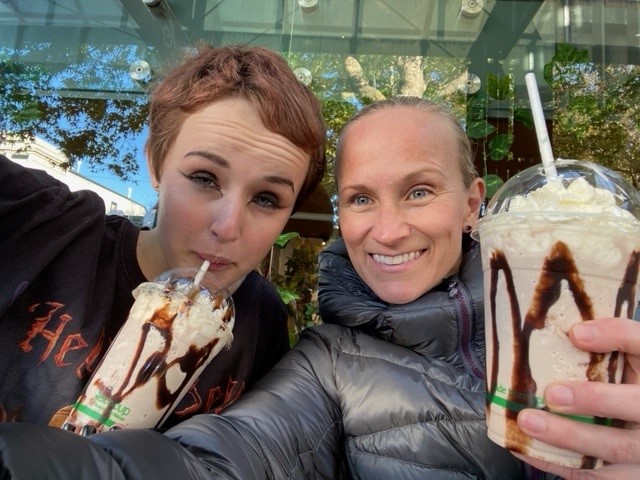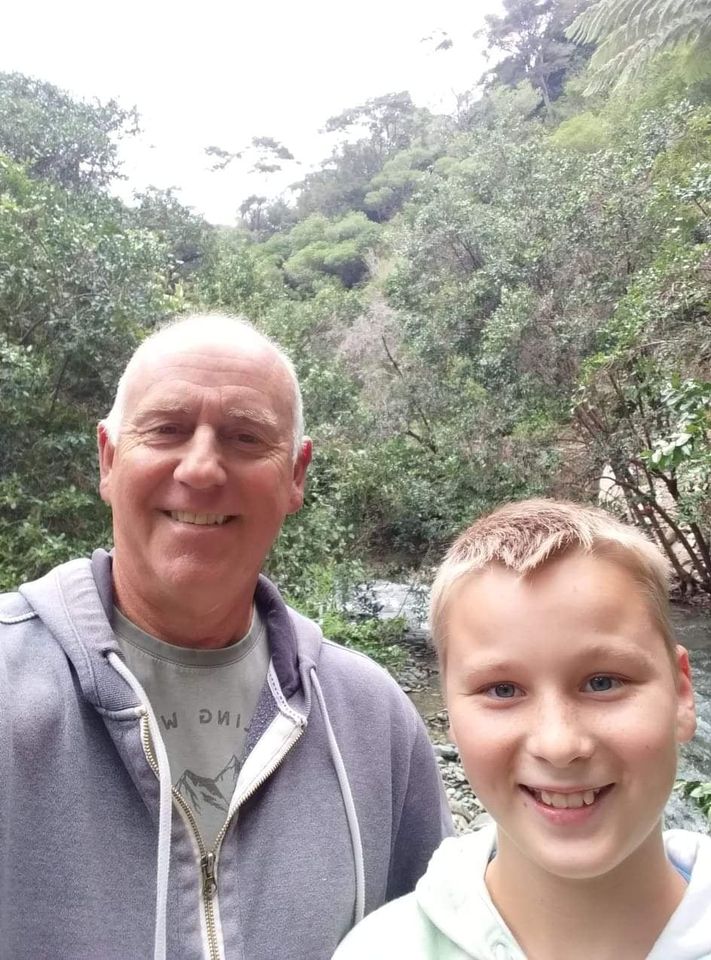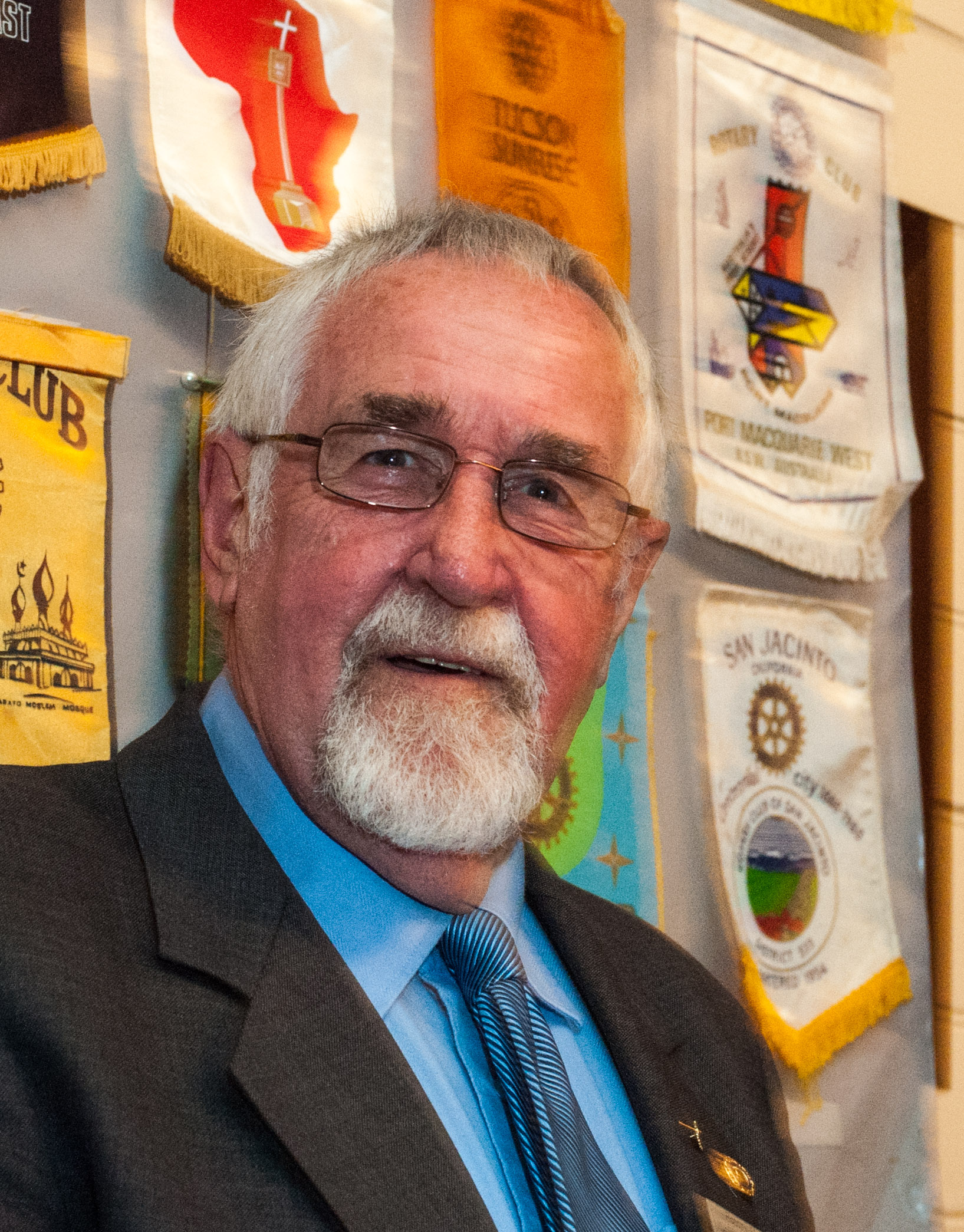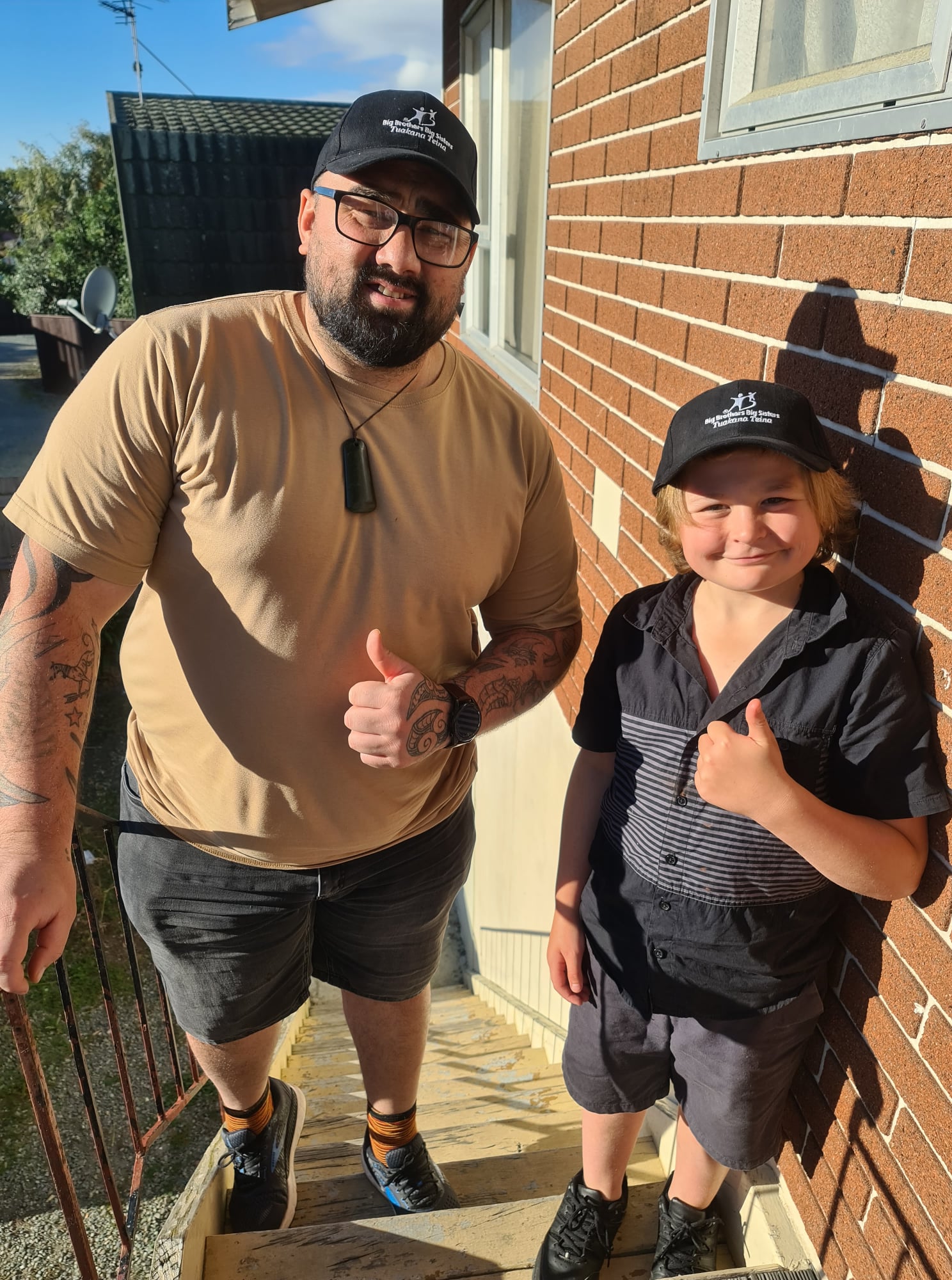Big Brothers Big Sisters Nelson Tasman
Last updated 6 September 2022
Tim and Nevaan
Igniting Youth Potential
Big Brothers Big Sisters (BBBS) is a mentoring programme where at risk children are matched with an adult mentor to improve their behaviour with the vision:
“Quality mentoring relationships for all young people in Aotearoa New Zealand.”
Mission:
“To make a positive difference in the lives of young people through professionally supported mentoring relationships.”
The Nelson Tasman Branch of BBBS was established in 1997 by a working group set up in 1996 as a consequence of a public meeting called by the Rotary Club of Nelson to identify potential solutions for proactively dealing with disaffected youth in Nelson. Discussion at the meeting, attended by representatives of a number of community sectors, including two Nelson Police staff, which centred around the BBBS model which the Police representatives had worked with in Canada. The initial working party comprised 4 Rotarians and the two Nelson Police staff, lead by Rotarian Joe Currie, who was the Community Service Director of the Rotary Club of Nelson at that time. The first mentoring match was initiated in July 1998.
Though there had been a BBBS programme established in Dannevirke with the first mentoring match made in November 1996, the Nelson programme today will be the first New Zealand programme provider to mark its 25th anniversary from its first mentoring match in July 2023. The Nelson programme was established as a partnership with Tasman Police District and is affiliated to Big Brothers Big Sisters International (BBBSI). Dave Marshall was appointed the first coordinator. Dave remained involved with the programme, for the next 20 years, initially in Nelson but then at National level.
Programmes are targeted towards youth of all genders aged 7 to 18 who are primarily from families where they may be “at risk” in one way or another. Often, they are referred to the programme by family members. What they tend to have in common is that they have usually missed out on things which children in two parent families generally take for granted. Once matched with a mentor they have the opportunity to experience the friendship and guidance of another adult and share in fun activities with them. Many of these mentoring relationships have extended 5-6 years or even longer due to their success.

Carly and Hayley
There are 3 main programmes:
- Primary/intermediate school-based mentoring - mentors spend one hour per week with their young brother or sister at their local school doing fun activities.
- School based teen mentoring - again this involves mentoring one hour per week including some fun activities in the mix.
- Community based mentoring where the mentor and their mentee prefer to meet on a less structured basis for 1 to 4 hours per week.

Tayla and Serena
Often, the school-based matches progress to the community-based mentoring over time. The choice of programme is agreed between the mentor and mentee at its commencement.
All mentors go through a thorough screening process and six hours of structured training prior to being matched with a young person.
The success of this programme has meant a significant improvement in the lives and outcomes for young people.
In Nelson Tasman area there have been 1,320 matches over the past 24 years.

Tanya and Maddison

Isabella and Chloe
The programme is continually monitored to check the effectiveness. Feedback from those participating shows:
98%
Believe they are making better life choices
96%
Are happier with a positive outlook
87%
Have stronger social networks
77%
Are better at expressing their feelings
84%
Have improved their relationship with adults
76%
Improved their attitude towards school
91%
Improved their self confidence
85%
Increased trust towards their mentor
Big Brothers Big Sisters International (BBBSI).
BBBSI is the largest mentoring programme in the World, helping 270,000 children reach their potential through professionally supported one-to-one relationships. The base grew internationally after Big Brothers America and Big Sisters International joined forces in 1977. Big Brothers America’s origin can be traced back to 1904, when Earnest Coulter, a law clerk in New York, called for help from caring adults to serve as role models to the increasing number of boys appearing in the New York, Court system. About the same time a group called the Ladies of Charity (later to become Big Sisters International) were befriending girls who had come through the Children’s Court in New York.
The programme is now offered in 15 countries, including the United States.
The benefit of affiliation with the international body means the programmes being delivered through the network are tested against international evidence based best practice standards. It also results in a programme of continuous improvement based on the learnings and feedback across a significant international network.

Lloyd and Jadon
Development in Nelson/New Zealand
The Rotary Club of Nelson and its members have been integral part of the BBBS Nelson B-Tasman story from its inception to the present time. Over its first 24 years of operations, Nelson-Tasman has grown to be the largest branch in New Zealand and relationships have been developed with 11 primary and intermediate schools plus 5 secondary schools across the wider region.
It has also in turn assisted development of new branches in other centres as the network has expanded.
In 2022 there are 13 Branches across New Zealand. The growth geographically has resulted in a head office structure being established to provide oversight of the network with some Nelson staff promoted into national roles.
During the first 24 years there have been 11 Rotarians who have been members of the board. Four of these members chairing the board for 20 out of the past 24 years. Member Ross Newman was the longest serving Chair having been in the role for nine years. He and member Gaile Noonan, who had served as Deputy Chair under Ross, were both acknowledged with life membership for BBBS when they stood down. Gaile served 11 years on the board and her late husband member Peter Noonan was the member who succeeded Joe Currie as the second Chair.

Ross Newman - Former Chair of Big Brother's Big Sisters and Newly Appointed Ambassador
Ross has also been appointed as an Ambassador for BBBS Nelson-Tasman to continue to help with further development alongside Ambassador Jack Goodhue, BBBS Christchurch, Patrons: Frank Endacott, BBBS North Canterbury, Judge Lynne Harrison, BBBS Taranaki and Mike Cron, BBBSNZ.
Today member Campbell Rollo, who is Rotary club of Nelson’s youngest member is a board member, with the Chairmanship having been taken on by former Tasman Mayor Richard Kempthorne.
Some other Rotary members have volunteered over the years as mentors.

Joseph and Ceaser
In addition to governance support, Rotary has also made a significant contribution financially over the years with both the Rotary club of Whakatu and Nelson West Rotary also coming aboard to add their support to fund matches.
The fit of the values of Rotary and the standards ascribed to by BBBS have resulted in a strong relationship which compliments the programmes Rotary supports in terms of youth development.



